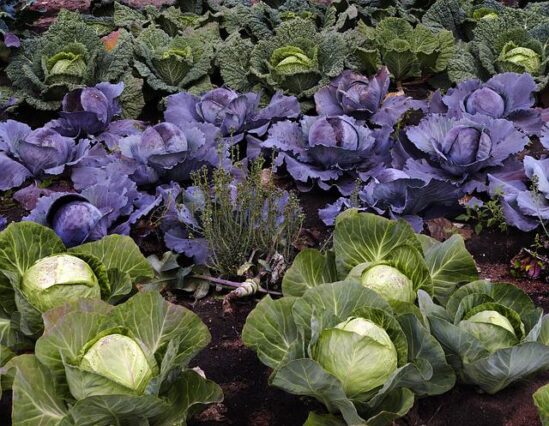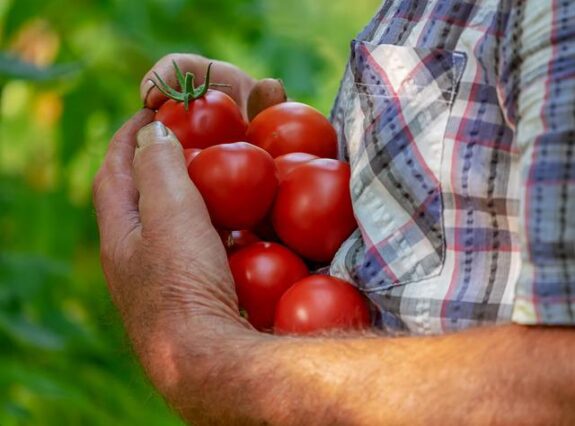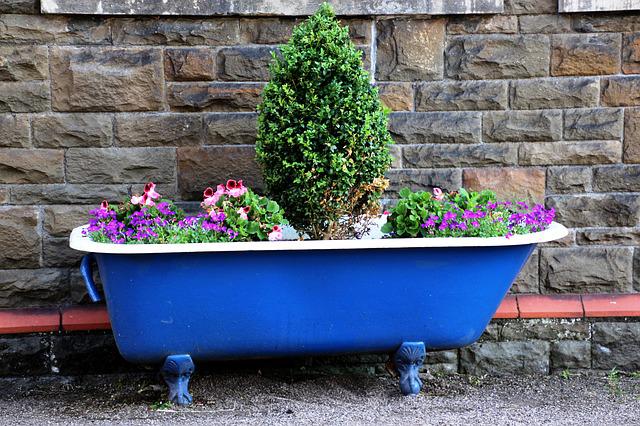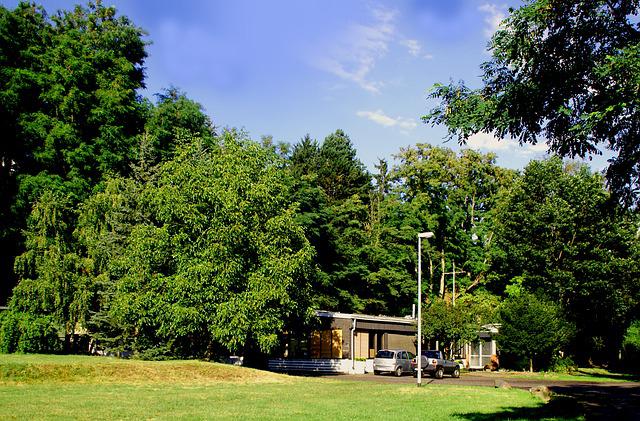
How to save money by gardening
Are you looking for ways to save money by gardening? The cost of living is rising and many of us are looking for petite ways to save on the most significant things. Fruit and vegetables are staple foods in most households, but does growing your own make financial sense?
Gardening is a great way to save money. You can grow your own vegetables and fruits for meals and even sell them to earn extra cash. However, the mistake many people make is not choosing the right types of products that will give them enough performance for the money they spend. Plus, if you don’t do it yourself, you’ll have the upfront expense of seed packets, pots, and compost.
However, growing your own produce can save you money if done correctly. Moreover, there are also other ways to save money through gardening. Here are some top tips to assist you fill your belly and save money.
1. Make your own compost
If you have a corner in your garden where you can prepare your own compost, you will save money by purchasing bags of compost from a garden center. Homemade compost is great for planting seeds as well as adding nutrients to the soil. Moreover, you reduce the amount of household waste.
Another way to save money by making your own compost is for your local government to charge you for green waste collection. Why collect green bins for a fee when you can compost them yourself for free and reap the benefits? This alone could save you around £50!
You don’t need fancy compost bins to make your own compost. All you need is a uncomplicated, three-sided pallet design. You can also find people offering venerable but usable compost bins for free on shopping websites.
Want to know more about composting at home? Here is a detailed guide to making compost!
2. Proficient exploit of space for planting
Some vegetables, such as carrots, beets and cauliflower, can be planted early in the year and harvested in mid-summer. In summer you can plant other crops such as radishes, lettuce, spring onions and turnips, giving you another portion of food from the same land.

By planning your crops and maximizing the exploit of space, you can get more from your vegetable garden all year round. See ours fruit and vegetable growing guides to learn what to sow and when.
3. Select Seeds instead of Plants
This may seem obvious, but packing seeds is much cheaper than buying established plants. Sprinkling a tray with tomato, chili pepper or herb seeds will give you more seedlings than you need for a lush harvest. You may also find that you can save half a packet of seeds for next year, depending on your needs.
If you are friends with other gardeners, you can exchange seeds, which will provide even more variety in your fruit and vegetable garden.
4. Grow herbs and spices
Plant herbs and spices in it flowerpots on the balcony or terrace. Basil and oregano can also be planted in containers, which can be moved to winter rooms if necessary. These herbs will add flavor to any dish and assist you save on buying spices in stores.
5. Choose high-yielding plants
By choosing plants with high yields, you will get more food on your table. Good examples are strawberries, tomatoes, zucchini, carrots, runner beans and cucumber. This can save you a significant amount on your weekly supermarket food bill.

Similarly, in the case of fast-growing crops such as lettuce, you can spread the sowing over time to obtain an even harvest. This means you can exploit what you need and avoid excess.
6. Learn about food preservation
Learn how to store food for later exploit instead of throwing away food that goes bad before you can exploit it. This will save you money on groceries and also reduce waste! Here how to make homemade chutney to exploit excess vegetables from your own cultivation.
7. Reuse and recycling
Let’s talk about flower pots. There is no need to buy fresh pots, you can exploit any containers as long as they have drainage holes in the bottom.
The insides of toilet paper rolls or egg containers are perfect for sowing seeds and starting plants, and are biodegradable.
Venerable pots and pans from the kitchen are intriguing pots, as are venerable buckets and watering cans. Just drill a few holes in the base. You can even make your own planters using venerable wooden pallets. You’ll also often see flower pots given away for free at markets or left outside homes, ready for people to pick up (ask first!).

Exploit venerable clothes as mulch for plants. Venerable clothes are usually thrown away, so why not exploit them instead of mulch? Venerable T-shirts make a good growing medium for smaller plants such as tomatoes and strawberries. Simply cut venerable clothes into petite pieces and place them on the ground around plants you are growing in pots or raised beds outdoors, or place them directly on the ground when planting seeds indoors in pots or seed trays.
8. Save water
Gray water, which has been used in the bathtub, for example, is perfectly fine to exploit in the garden from time to time, provided there are not too many soap products in it. If your tub is upstairs, you can easily pump it out the window with a hose and water your garden with it. This will assist reduce the amount of fresh water you exploit and save money on your water bills.
Water containers are a gardener’s friend, and there is nothing better for your plants than rainwater. Set up a water tank or two to collect rain from your gutters and you’ll have a good supply of free water for your plants. Water bottles can often be found used for little money or are sometimes given away for free. If space is an issue, slender water barrels can be purchased cheaply from garden suppliers or online.
9. Save energy
Did you know that trees and shrubs around your home can assist you save money on your energy bills? A study by the Royal Horticultural Society found that plants and fences can protect your home by reducing cool and helping to keep it insulated.

Trees and shrubs are a great way to save money on energy bills. They provide shade in summer and protect against the wind in winter. You can save even more money by planting native species that are well adapted to the climatic conditions of your area. Native plants require less water and fertilizer than non-native plants, so they are a good choice if you don’t have a lot of time or money for gardening.
If your house is in a wind-prone area, plant some plants!
10. Natural pest control
Bugs and pests happen. You’ll always be sharing some of your crops with critters, but you can minimize the damage if you’re on a budget by using natural pest control methods. For example, spraying with soap and water will significantly reduce the number of aphids on your plants and will not harm the surrounding ecosystem. Here is a comprehensive post on this topic natural pest control.
Save money by gardening – summary
Gardening is a great way to save money and get fresh, fit food. It’s also one of the most environmentally cordial ways to grow your own vegetables, so you can feel good about your gardening practices.
In addition to being a way to spend your free time that helps you stay fit and fit, if done correctly, it’s uncomplicated to save money by gardening. If you have any additional tips on how to save money on gardening, please add them in the comments.
